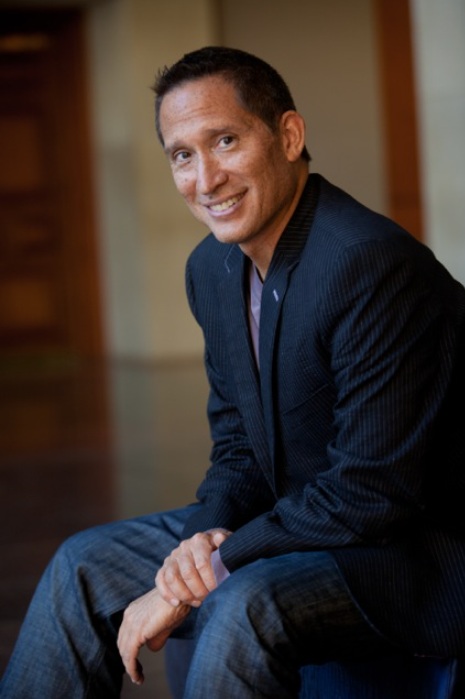Registration Now Open!
Fill out this Google Form to register for our events.
Save the Dates:
Thursday, March 26, 2026 (Workshops)
Friday, March 27, 2026 (Symposium)
Fill out this Google Form to register for our events.
AI literacy isn’t just about choosing the right tool, it’s about asking better questions and evaluating the responses. In this hands-on session for educators, we’ll explore how effective prompting builds on the critical writing and thinking skills you already teach and value.
You’ll learn how to craft prompts that are more literal and human-centered than those typically used with a search engine. Because AI responds to natural language, it requires the same clarity and nuance you'd use when guiding smart but inexperienced interns. Prompting isn’t engineering, it’s communication.
Through interactive exercises and experimentation with a range of rapidly evolving AI tools, you’ll gain practical techniques and a realistic understanding of how AI is reshaping human work and thought. You’ll leave with ideas for integrating AI into your teaching and research in meaningful, responsible ways.
AI is rapidly transforming how humans work, think, create, and communicate. And it may be the fastest shift in the history of writing. AI is shattering expectations around assignments, assessment, class preparation and even attendance, and is challenging educators to design classrooms that are future-ready and inclusive.
If AI represents the new baseline for “average” work, it’s time to rethink our policies, grading practices, and expectations.What is AI Literacy and should we be teaching it? Together, we’ll explore the skills and curriculum that matter most in an AI-driven world, why defining ‘quality’ is more important than ever and how reimagined assignments can boost motivation while reducing academic dishonesty.
This session is open to educators of all experience levels, whether you're just beginning to explore AI or already integrating it into your teaching. Attendees will leave with practical strategies to transform how they approach teaching, learning, and assessment in ways that prepare our students for a changing world.

José Antonio Bowen has been leading innovation and change for over 40 years at Stanford, Georgetown and the University of Southampton (UK), as a dean at Miami University and SMU and as President of Goucher College. Bowen has worked as a musician with Stan Getz, Dave Brubeck, and many others and his symphony was nominated for the Pulitzer Prize in Music (1985).
Bowen holds four degrees from Stanford and has written over 100 scholarly articles and books, including the Cambridge Companion to Conducting (2003), Teaching Naked (2012 and the winner of the Ness Award for Best Book on Higher Education), Teaching Naked Techniques with C. Edward Watson (2017) and Teaching Change: How to Develop Independent Thinkers using Relationships, Resilience and Reflection (Johns Hopkins University Press, 2021).
Bowen has appeared in The New York Times, Forbes, The Wall Street Journal, and has three TED talks. Stanford honored him as a Distinguished Alumni Scholar (2010) and he has presented keynotes and workshops at more than 300 campuses and conferences 46 states and 17 countries around the world. In 2018, he was awarded the Ernest L. Boyer Award (for significant contributions to American higher education). He is a senior fellow for the American Association of Colleges and Universities.
Email us at celt@stonybrook.edu